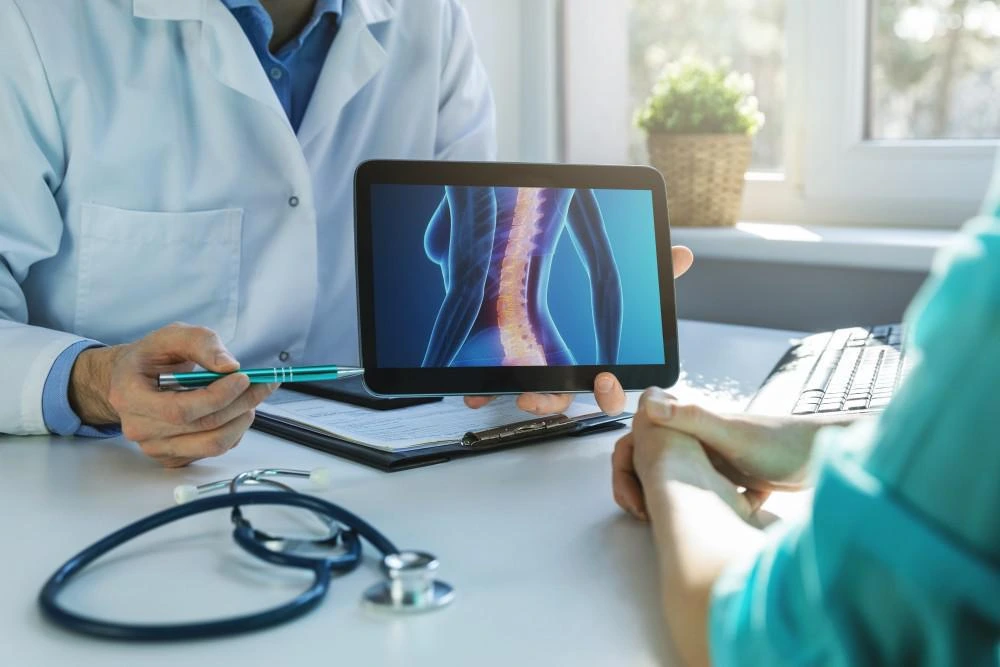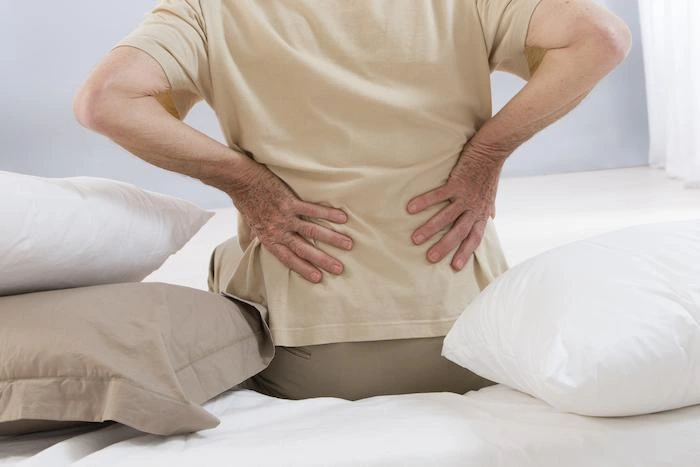To call back pain a common issue would be an understatement — in 2021 alone, nearly 40% of adults in the United States reported having back pain. Chronic back pain can stem from many different issues, and not everyone responds the same to the various pain management treatments, making matters more frustrating.
If you feel like you’ve exhausted your options for managing your chronic back pain, it may be time to take a closer look at intrathecal pump therapy, also called a pain pump. For this treatment, Dr. Anjum Bux and our team here at Bux Pain Management implant a system that delivers pain medication directly to the pain source — your spinal cord.
To determine whether this approach to managing back pain is right for you, let’s look at who makes good candidates for an intrathecal pump.
Surgery didn’t work, or you don’t want it
Some of our patients opt for an intrathecal pump to avoid surgery — especially if they’ve tried surgery that didn’t relieve their back pain, a complication called failed back surgery syndrome. The truth is that only about half of spine surgeries successfully relieve pain, and the success rate drops considerably with second and third surgeries.
So, if you’re hesitant about back surgery or your health precludes this option, an intrathecal pump might be a very good alternative.
Reducing pain medications
There are some risks if you’re taking prescription painkillers to relieve your back pain. Painkillers can be highly addictive, and as your body builds up tolerance, you need to take more for pain relief.
If you want to avoid the slippery slope of painkillers, an intrathecal pump is a sensible choice. Since the pump delivers the pain-relieving medication directly to the nerve responsible for the pain signaling, you only need a fraction of what you would take through medications — 1/300, to be exact.
When you’re in recovery
If you’re in recovery from drugs or alcohol, you may not be keen on the potential of relying on oral pain medications. With an intrathecal pump, we deliver less of the painkiller in predetermined doses, which go a long way toward addressing the risk of dependency and addiction.
The trials worked
Before we implant the intrathecal pump, we test whether delivering pain medication directly to your spinal cord will work. This trial not only allows us to determine whether the approach relieves your pain but also helps us determine the right dosing.
Should you experience meaningful pain relief during the trial, we can go ahead and implant the pump with a minimally invasive procedure.
If what we’ve covered has piqued your interest and you want to explore whether an intrathecal pump might be the answer to your chronic pain, please contact one of our four offices in Lexington, Cynthiana, Maysville, or Danville, Kentucky.







